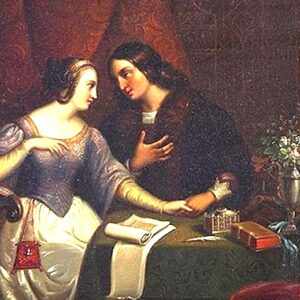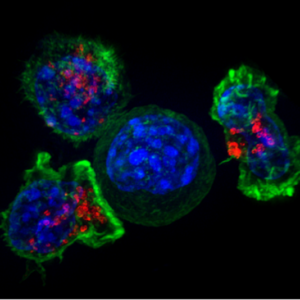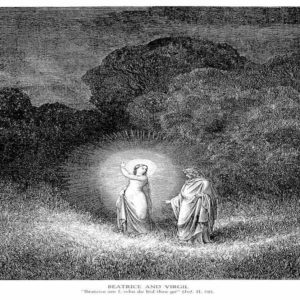
Heloise and Abelard
Abelard and Heloise proceeded to fall in love. They came together ostensibly so that he could tutor her. But actually what happened was a torrid love affair. This affair was discovered and for various complicated reasons led to trouble, as can happen in the case of torrid love affairs. The trouble got so bad that Heloise’s family intervened, by hiring a bunch of thugs to waylay Abelard and castrate him.






